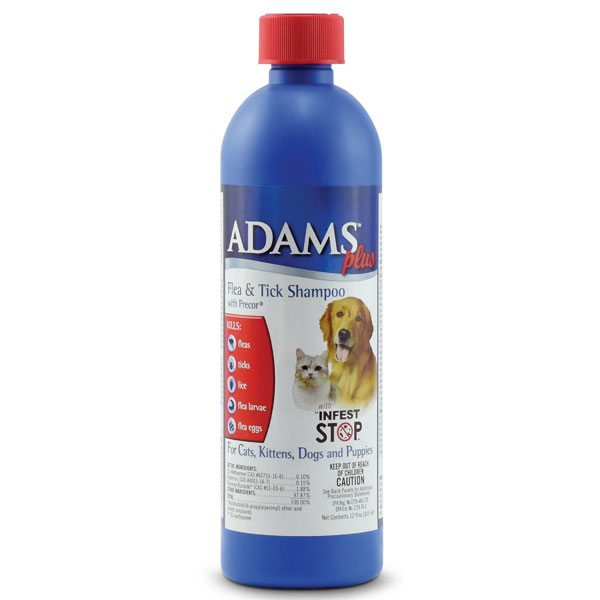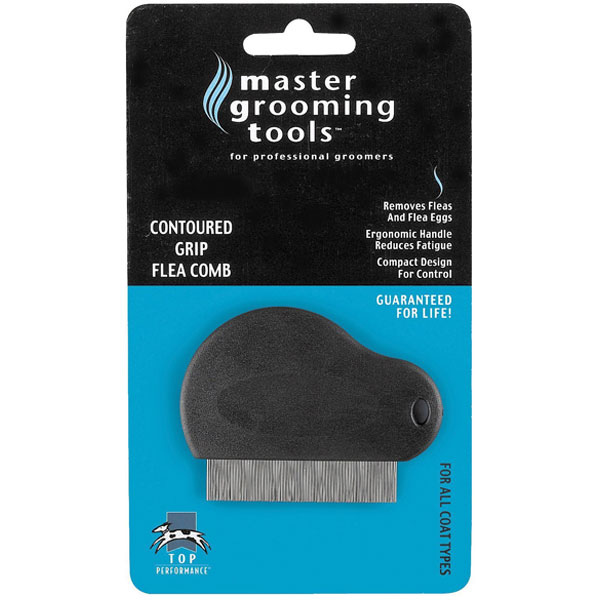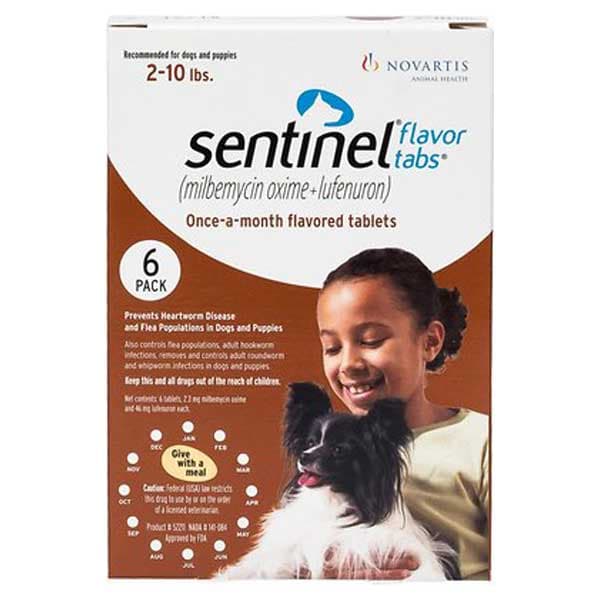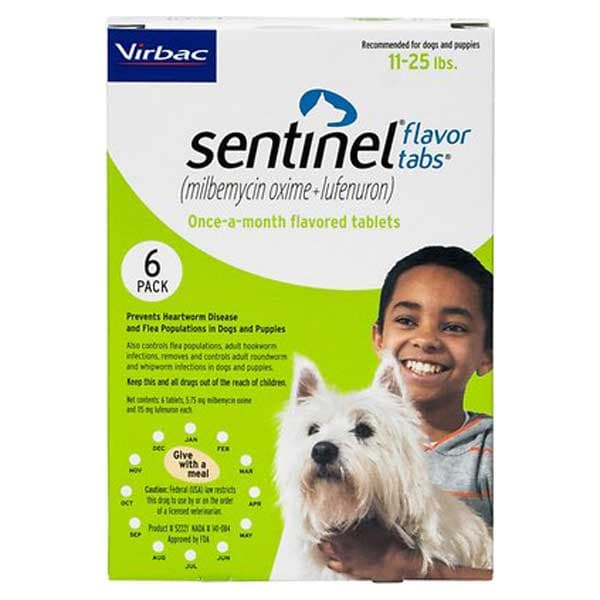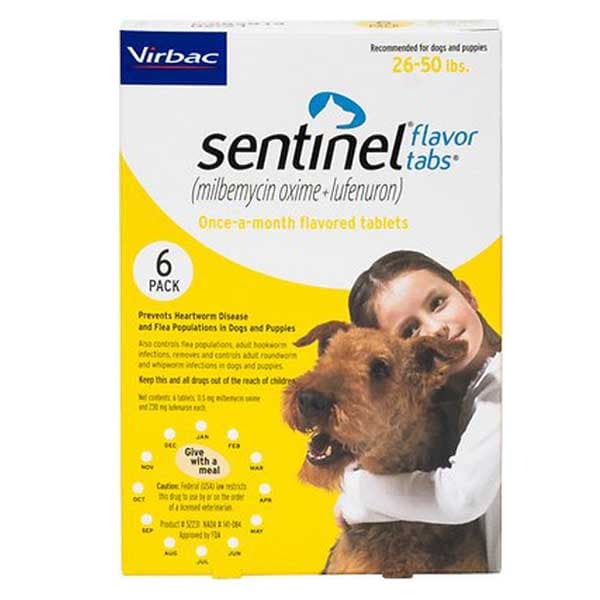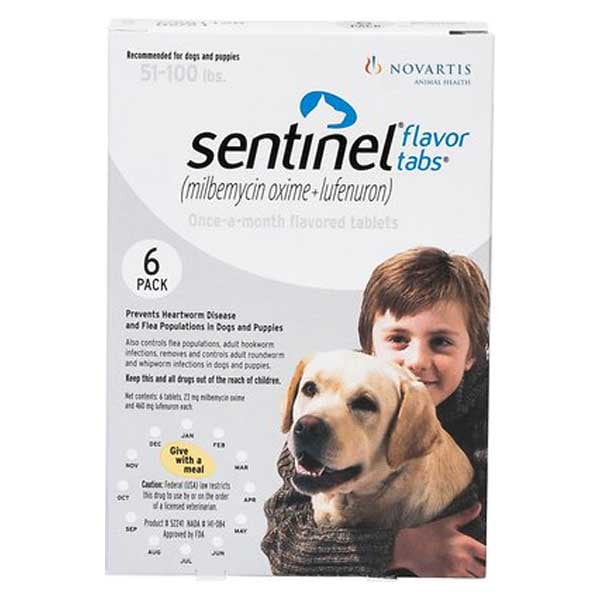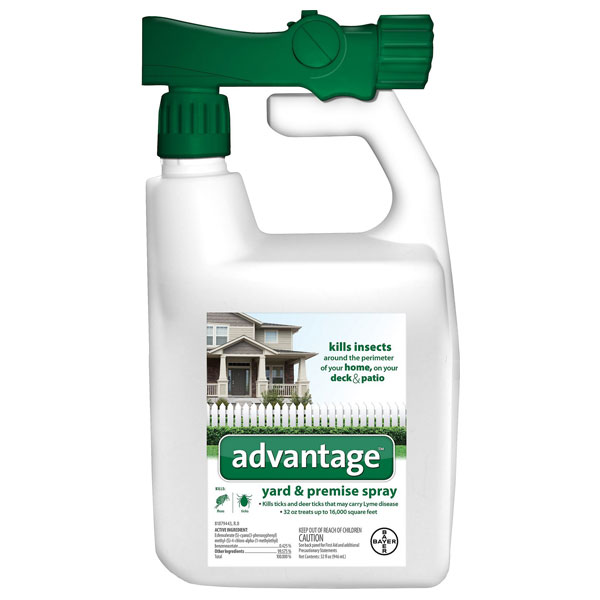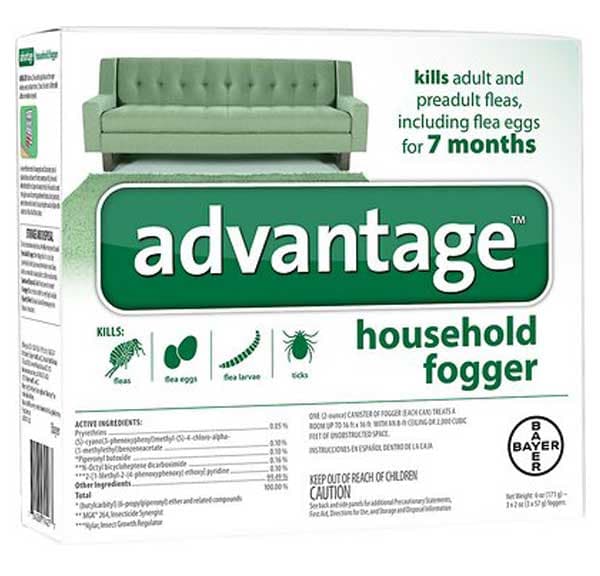Even the thought of your dog having parasites is awful. It's one of those illnesses that is unpleasant both to think about and treat. Unfortunately, chances are we'll see it somewhere along the way in our canine ownership lives. While many parasites are fairly non-threatening to a dog, there are some that can be quite detrimental to your canine companion’s overall health and well being. Some parasites just cause random itches and discomfort while others can lead to serious medical complications that can include not only secondary infections but debilitating and deadly outcomes.
Every parasite has its own characteristics in both looks and behavior. A dog’s infection will have its particular symptoms, results and overall properties. Some parasites are extremely toxic to others that are more passive. These extremes are problematic when combined with a dog’s characteristics as no reaction will be identical. Dogs with strong immune systems may not even present any symptoms compared to a dog who is a senior, a puppy or has had a previous serious illness. Dogs will also have very different reactions to bugs that carry the parasites as some may be allergic and others not so much. The number of parasites infecting your dog will also change the impact they have on your pup. The more they have, the bigger the health impact as time moves forward.
As nasty as the thought of parasites in our dogs are, it's even worse to think they could be in us as well. Many of them are not transferable between species but some are and can be a real threat to people. Having good veterinary care is paramount to making sure you know how to confirm that parasites stay clear of your household. You want to be able to control, treat and prevent all parasites in your dog whether they install mild symptoms or the more problematic ones. Keeping your dog healthy and free of parasites is important so both your pets and family stay safe and healthy.

Sentinel, which is comprised of milbemycin oxime/lufenuron/praziquantel, is a 6 in 1 parasite protective medication. It kills and prevents parasites. The medication is taken once per month and is meant to protect the animals and people in your household from parasitical infection. The prescription is easy to give to your dog as it comes in a tasty chewable form. It is easy to give to them so it can get into their system quickly and begin effective prevention.
When you use Sentinel for your dog, it works to protect against 5 types of parasitic worms while also preventing fleas, mites, and ticks. It’s a flagship prevention medicine. It's not meant to destroy adult fleas but will certainly stop flea eggs in their tracks along with the other invasive parasites.
Sentinel is given to your dog every month to prevent these fleas and various worms. As stated, it won’t kill adult fleas but will certainly halt new ones from hatching. It has been tested scientifically and FDA approved. Sentinel is safe to use for puppies over six weeks old and over 2 pounds in weight making it a great medication for a broad range of breeds and ages.
What Does Sentinel Protect My Dog From?
Sentinel is a 6 in 1 protection medication but actually goes beyond the main 6 parasites listed.
It works at preventing roundworm, heartworm, ringworm, hookworm, whipworm while combating fleas as well. Beyond this main six, it also works against mites and ticks too.
Heartworm, Dirofilaria immitis, is a well known parasitical infection that is often talked about in your dogs’ veterinary visits. Because it is one of the more serious parasite infestations, your dog should be having yearly checkups to make sure they are clear of it. Heartworm prevention and quick treatment are critical as the outcome can be fatal if the worms are not dealt with in a timely manner. The adult heartworm attacks your dogs’ heart and lungs causing significant damage and possibly leading to heart failure that can be fatal.
Heartworms are big worms that can grow up to 12” long. They resemble a long piece of spaghetti that moves. While these parasites are large, they can also be dangerous due to the fact that more than one can live in your pet at a time. This means they expand their threat as they are requiring more nutrients.
These worms are introduced to your dog through mosquitos. An infected mosquito bites your dog introducing the eggs to their system. This begins the cycle of a second mosquito biting the already infected dog and then biting another dog, introducing the parasite to them. Sentinel's job is stopping this cycle of infection and reinfection.
Knowing if your dog is infected with heartworm is not always easy but there are symptoms that can be watched for so you are aware there may be a problem and that it is time for a vet check-in. Here are some of the symptoms that may give you a heads up that your dog needs treatment for heartworm:
Once your dog reaches 6 weeks old, they can start to have preventative medicine to keep them safe from heartworm. By doing this your dog should be able to avoid the infection and prevent any sort of threat. You will want to follow these directions to make sure you aren’t only putting your dog at risk but your wallet as well.

Roundworm is a parasitic nematode worm also known as an ascarid. These tiny worms are light in color and usually less than 5cm long. You may discover your dog has them by seeing them in their stool or vomit. Not all pups will show symptoms that signal infection, but some will. Some potential symptoms are:
If you have seen any of these symptoms or discover roundworms in your dogs’ poop or vomit, they need to go to see their veterinarian. It's important to let your dogs vet know what you have observed in your dog so they can assess their health and the issues that may be affecting them. It will be important to know if they have roundworms so they can get the proper medications to get rid of them and begin a preventative regimen.
Puppies are always at higher risk than older dogs of getting roundworm. This parasite can be passed to a puppy from their moms. They can catch it while in utero or when they are being fed as a baby. Once these eggs are ingested, the larvae will go to the dog’s liver and throat. It the larvae are in the throat; the dog will cough leading to full ingestion into the stomach and then the digestive tract. This is where they become adult worms and start to live off the nutrients that are in your dog’s system. This infection can be especially problematic with people who are working with litters of dogs. It can go from mom to pup to pup. Good breeders who work in tandem with their dog’s veterinarian will make sure that deworming happens soon after the puppies are born.
Hookworms, Ancylostoma caninum or ancylostoma basiliense, are small parasites that live in your dog’s GI tract. They attach to the wall of their intestine to feed and grow. They actually use a hook to do this that is said to have teeth or plate-like make the connection. They then eat from your dog’s blood vessels and intestinal contents.
Hookworms are similar to heart and roundworms in that they do not require a host for only themselves. They can infect and survive with other worms. A dog can have more than one living worm in them at a time. However, this means your dog's symptoms will increase as they battle multiple worms. The more worms they have, the more blood loss and nutrient loss will happen. Look for the following symptoms if you suspect hookworm:
Whipworm, Trichuris vulpis, is a parasite your dog contracts when they eat an infected object or get it from other animals. Prevention is crucial with Whipworm as the eggs can live in certain things for up to years at a time. Whether its soil, food, water, feces or dead animals, the eggs can live in all these places for years if undisturbed. Signs that may signal whipworm are:
Sentinel works to prevent flea infestation by stopping the parasite at the egg stage. It has no effect on adult fleas. These particular parasites, Ctenocephalides felis, love warm, humid areas to breed and survive and canine provide just that. Sentinel works to stop the cycle of eggs but can’t get rid of the adults so they will still cause itching and irritation. A secondary medication will be needed to get rid of them. Some of the symptoms of fleas are seen as:
Fleas are dangerous to puppies and older dogs as they can instigate infections that are bacterial and significant allergic reactions.
While this medication can not get rid of adults, the adult fleas aren’t the only issue that you will have to deal with when trying to halt a flea infestation. Every flea that is found on your pet, there will be numerous eggs and adults left in your house and potentially on other animals in the household. Fleas get into your rugs, bedding, pillows, and soft furniture. Fleas breed repeatedly laying over 40 eggs each day if not stopped. You’ll want to use Sentinel for preventative help and then use another medication to rid yourself of the adult fleas. Items like as a comb for flea removal and shampoo can be of assistance along with these medications.
Once your dog has begun taking meds and prevention started, then you will need to look at how to clean your house thoroughly. You will require foggers that can help clear a home of up to 2000 feet of adult fleas and eggs. You can also dose your backyard with a designated spray from Advantage.
Mites are very irritating parasites to both your dog and you. Ear mites and the ones that cause mange, called Sarcoptes scabiei, can be prevented with Sentinel with one dosage per month.
The Sarcoptes scabiei (scabies) and ear mites, Otodectes cynotis, are hard to remove due to the fact that these particular mites get below your dog's skin or are in their ears to embed their larvae. They have a very small life span but can create a significant amount of injury in just a few days. Preventing these mites is important mainly to stop secondary infections that will come from them. Mites are very contagious and spread quickly without much effort.
Ticks are difficult for dog owners to deal with as they tend to move to the canines as hosts over other household pets. This tick is problematic as it carries a disease named Rocky Mountain spotted fever. Sadly, it can cause paralysis that is brought on by this particular tick bite. This fever can be deadly if it is not discovered and dealt with. You will want to not only give your dog preventative medicine but keep them out of areas that may have ticks living there such as forested areas. These places are breeding grounds that ticks find and they have easy access to animals walking through the area.
Sentinel if given once per month by way of chew. Your dog gets a piece on the same day every month to keep medication levels steady and working. Once it enters the bloodstream, then the prevention activities. Its ingredient Milbemycin Oxime helps with internal parasites such as round, hook, whip and heartworms. This particular medication interferes with the central nervous system of heartworm larvae. It won’t kill adult heartworm. Sentinel also has Lufenuron which is the ingredient that interferes with the flea larvae. It stops the larvae from being able to grow an exoskeleton so they can’t move from that stage.
Sentinel is a great product that is FDA approved. It is said to be fine for:
As with most preventative medications, there are certain times that it is important to watch your dog if they begin to take Sentinel. If they are sickly, frail or underweight then close observations are needed. You also can’t give it to pups under 6 weeks of age or under two pounds and there is a need to be careful with herding dogs as well.
Every medication comes with a list of side effects that may affect your dog when they begin taking it. Its rare dogs react but it is a possibility. Collies and herding dogs may react more than other breeds. Some of the problems that may come up are:
Sentinel does not react to other medications and is ok in puppies between 4-6 weeks. Talking to their vet will narrow down a proper timeline. And it will only work for dogs. You don’t want to give it to dogs who are heartworm positive and your vet needs to be involved if the drug is being administered to a pregnant or lactating pup.
When your dog’s veterinarian decides to suggest Sentinel, they will write you a prescription. They will read through their health history, gauge the weight and age of your dog to decide which one is the most optimal for them:
Product Image | Product Name | Buy Now |
|---|---|---|
Adams Plus Flea & Tick Shampoo with Precor | ||
Master Grooming Tools Contoured Grip Dog & Cat Flea Comb, Black | ||
Advantage Yard & Premise Spray, 32-oz hose-end spray | ||
Advantage Household Fogger | ||
Sentinel Flavor Tablets for Dogs, under 10 lbs, 6 treatments | ||
Sentinel Flavor Tablets for Dogs, 11-25 lbs, 6 treatments | ||
Sentinel Flavor Tablets for Dogs, 26-50 lbs, 6 treatments | ||
Sentinel Flavor Tablets for Dogs, 51-100 lbs, 6 treatments |
Final Thoughts
Sentinel is a good product that is broad-reaching when it comes to protecting a dog from parasites that can easily infect them. It protects your canine companion while protecting your home as well. Prevention is as important, if not more important as treatment. Prevention means that you can lessen the chance of infection and protect your dogs’ comfort. It also means you can avoid home infestations and high veterinary costs. It keeps both you and your animals safe from parasites and their effects.
While no medication will be perfect, Sentinel is a solid choice in an attempt to make sure your dog is safe and healthy in most circumstances. Once your dog’s veterinarian okays the start of a dosing regimen, then you can begin the monthly treatments for protection and prevention. If you are mindful of potential side effects and make sure your dog takes their doses in a timely fashion, both your pup and your household should be healthy and happy without the interference of parasites.


